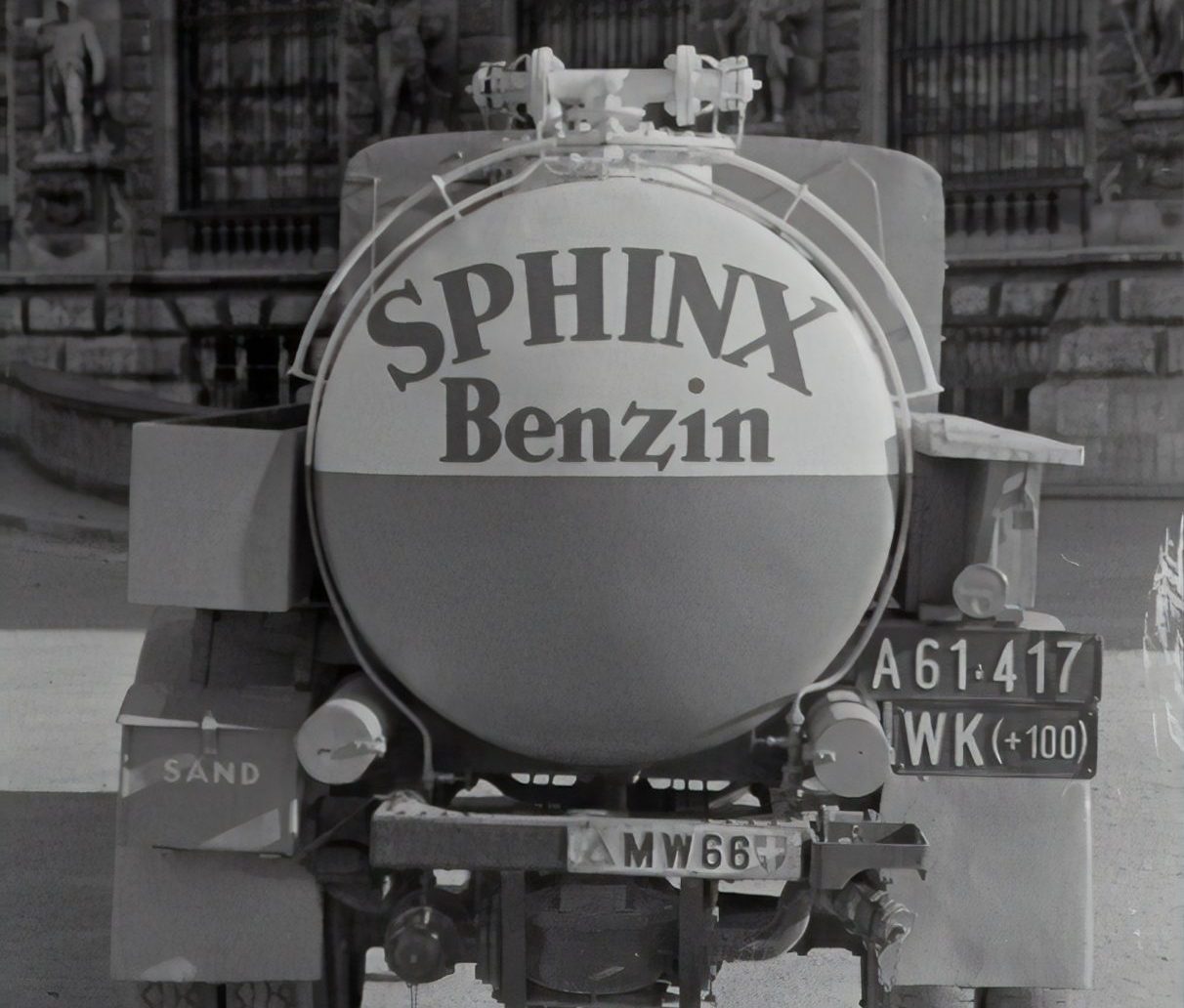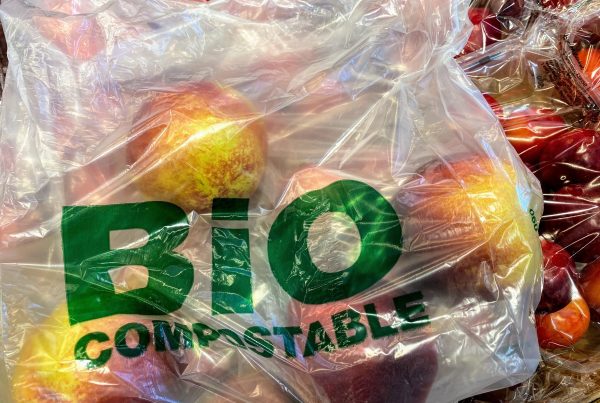The ongoing debate about the uncertain fate of diesel incentives for agriculture and fisheries in Europe reveals a series of contradictions and uncertainties in the strategies adopted by individual countries. The differentiated approach among France, Germany, and Italy, coupled with variations in implementation timelines, casts shadows on the coherence of European environmental policies.
France stands out for having already taken concrete actions through national legislation on ecological transition, eliminating tax breaks for agricultural diesel and replacing them with incentives for green transition. In contrast, Germany is the scene of significant protests by farmers (largely hidden from our domestic media), triggered by the Constitutional Court’s ruling, which deemed the transfer of funds for energy transition, including those for agricultural diesel, illegitimate.
Meanwhile, Italy is still stuck at the regulatory level, with discussions confined to industry insiders. The implementation of the Repower plan, approved by the EU Commission as part of the Pnrr by 2026, seems to be in a state of deadlock, leaving the country lagging behind its neighbors.
Financial management is crucial, with agricultural diesel incentives representing significant amounts in all three countries. The differences in strategies create competitive disparities among European farmers. While French agricultural businesses endure the loss of diesel incentives, they gain equivalent incentives tied to ecological transition. In Germany and Italy, however, farmers risk losing without receiving concrete support for the green transition in return.
The fisheries sector adds further complications, with the end of tax breaks for fishermen raising concerns in Italy, France, and Spain. France has temporarily postponed the end of the tax break regime for fishermen, but the future of this sector remains uncertain.
In conclusion, it should be noted that in Italy, Germany, and France, agricultural diesel incentives amount to around 1 billion euros each. Therefore, the management of diesel incentives for agriculture and fisheries in Europe, critical for the social and productive fabric, has now been characterized by a lack of coherence and clarity in politics.
The ability to balance environmental sustainability with business competitiveness becomes increasingly uncertain, once again casting doubt on the increasingly utopian goals of ecological transition on the continent.



